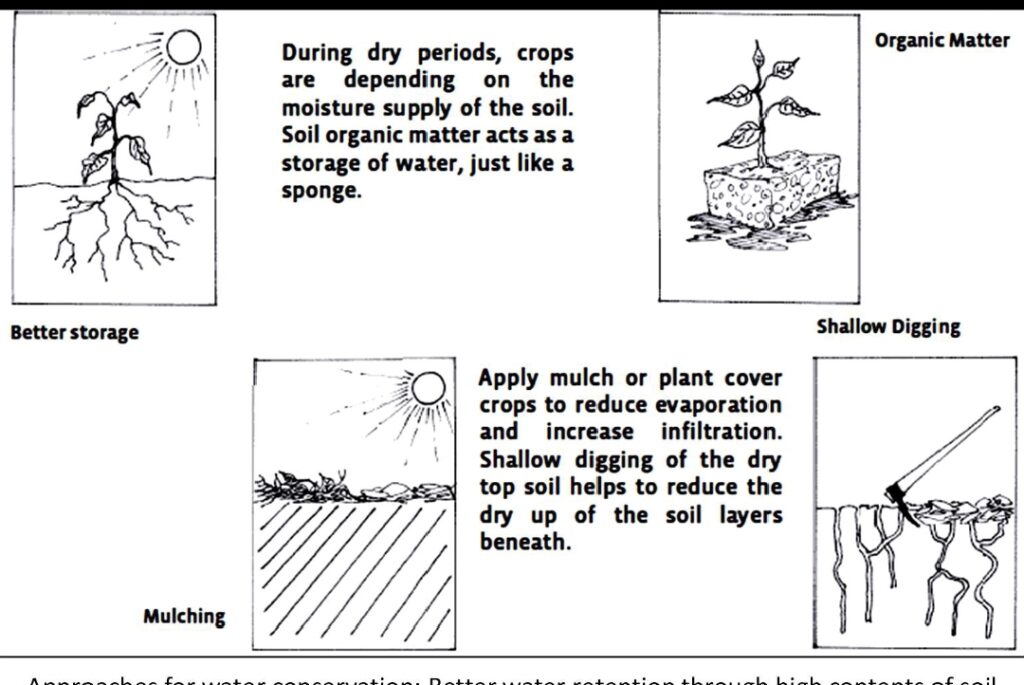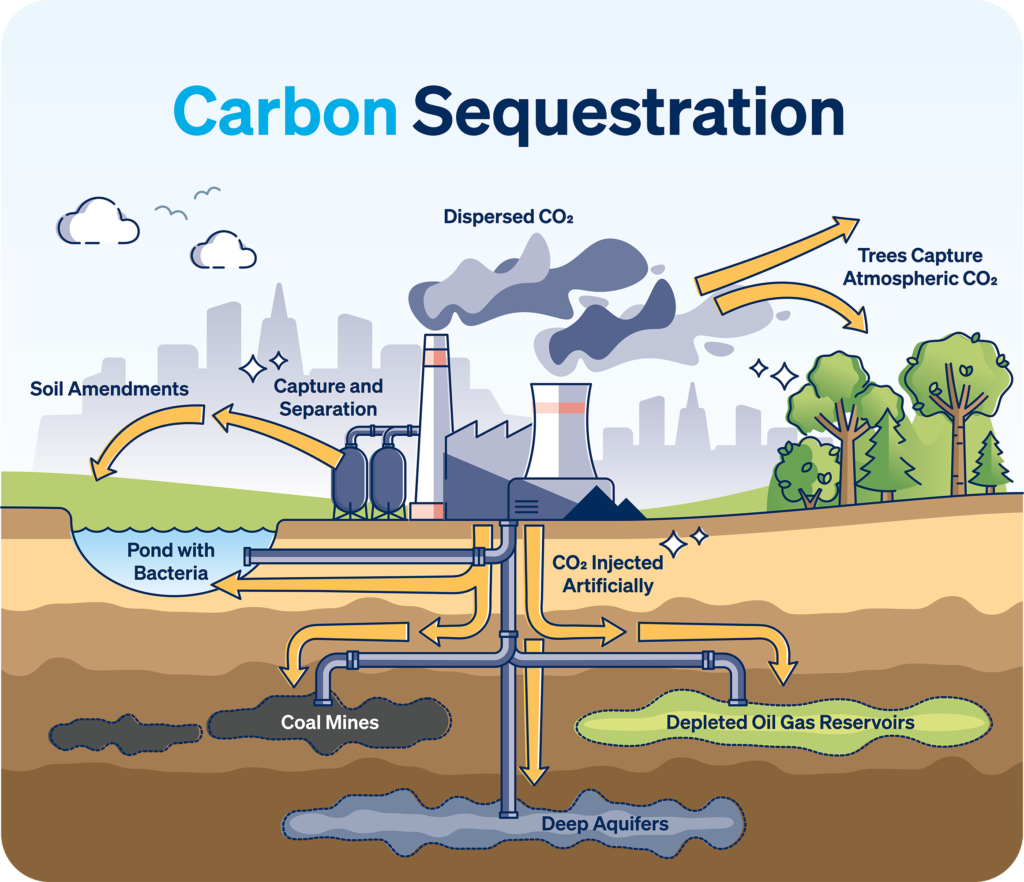Introduction to Organic Farming
Organic farming is more than just a method of agriculture; it’s a lifestyle, a commitment to working in harmony with nature rather than against it. Unlike conventional farming, which often relies on synthetic chemicals and monocultures, organic farming focuses on sustainability, biodiversity, and the health of the soil, plants, animals, and humans involved.
benefits of organic farming
- It produces healthier food
- nurtures the environment
- supports a sustainable way of life. As the global population grows and climate change poses increasing threats to our food systems, organic farming offers a way forward that can help feed the world without depleting the planet’s resources.
Principles of Organic Farming
- Soil HealthThe foundation of organic farming is healthy soil. Organic farmers use techniques like crop rotation, composting, and the application of organic fertilizers to enrich the soil with nutrients. Healthy soil not only produces healthier plants but also sequesters carbon, playing a crucial role in combating climate change.
- Biodiversity Organic farming promotes biodiversity, both above and below ground. By growing a variety of crops and encouraging the presence of beneficial insects and animals, organic farmers create a balanced ecosystem that naturally controls pests and diseases. This approach not only benefits the farm but also supports broader environmental health.
- No Synthetic Chemicals One of the defining features of organic farming is the avoidance of synthetic pesticides, herbicides, and fertilizers. Instead, organic farmers rely on natural methods of pest control and soil fertility, such as companion planting, natural predators, and composting. This reduces the chemical burden on our food, water, and wildlife.
Techniques and Practices in Organic Farming
- Crop Rotation and Polyculture Crop rotation is a powerful tool in organic farming. By rotating crops in a systematic way, farmers can prevent the build-up of pests and diseases while maintaining soil fertility. Polyculture, or growing multiple crops together, also helps to protect against pests and improves biodiversity on the farm.
- Composting and Organic Fertilizers Composting is the process of turning organic waste into rich, fertile soil. Organic farmers use compost to add nutrients to the soil, reduce waste, and improve soil structure. In addition to compost, organic fertilizers like manure, bone meal, and green manure are used to feed crops naturally.
- Pest and Weed Management Without synthetic chemicals, organic farmers must be creative in managing pests and weeds. Techniques such as mulching, using cover crops, and introducing natural predators like ladybugs and birds help to keep pests in check. Weeds are managed through physical methods like hand-weeding, mulching, and using cover crops to suppress their growth.
- Water Conservation Water is a precious resource, and organic farming practices are designed to use it efficiently. Techniques like drip irrigation, rainwater harvesting, and the use of organic mulch help to conserve water and reduce the farm’s overall water footprint. Mulching is one of the techniques used to conserve moisture in Organic farming

Challenges in Organic Farming,Yield and Profitability
- Organic farming can sometimes produce lower yields compared to conventional farming, especially in the short term. However, with time, organic practices can improve soil health and lead to more resilient crops. Profitability can also be a challenge, as organic farming often requires more labor and time. However, the growing demand for organic products and the premium prices they command can help to offset these challenges.
- Certification and Regulations Becoming certified as an organic farm involves meeting strict standards and undergoing regular inspections. This process can be time-consuming and costly, but it is necessary to ensure that organic farming practices are being followed. Understanding and complying with these regulations is a critical part of organic farming.
- Pest and Disease Management. Managing pests and diseases without synthetic chemicals is one of the biggest challenges in organic farming. Organic farmers must rely on their knowledge of ecosystems, natural pest control methods, and the use of resistant crop varieties to keep their crops healthy
Case Studies and Success Stories in the world.
Organic farming has proven successful in many parts of the world. For example, in India, the state of Sikkim became the first fully organic state, demonstrating that organic farming can be scaled up and can support entire communities. Farmers in the United States and Europe have also found success with organic farming, using innovative techniques to improve yields and profitability while maintaining their commitment to sustainability.
The Future Trends in Organic Farming
The organic farming movement is growing rapidly. Consumers are increasingly seeking out organic products, driving demand and encouraging more farmers to adopt organic practices. Technological advancements, such as precision farming and organic seeds bred for resilience, are also helping to make organic farming more efficient and scalable.
Impact on Climate Change
Organic farming has the potential to play a significant role in mitigating climate change. By sequestering carbon in the soil, reducing the use of fossil fuel-based inputs, and promoting biodiversity, organic farming can help to reduce agriculture’s overall carbon footprint. The image below is a quick illustration of Carbon sequestration.

conclusion
Organic farming represents a return to traditional, sustainable agricultural practices that have been used for thousands of years. By embracing organic farming, we can produce food in a way that is healthier for people and the planet. Whether you’re a farmer considering a transition to organic practices or a consumer looking to make more sustainable choices, organic farming offers a pathway to a more sustainable future.
support organic farming
Explore organic products in your local market, consider starting a small organic garden, or support local organic farmers. Every small step towards organic farming contributes to a healthier planet.
references
- https://www.amwins.com/resources-insights/article/carbon-sequestration-101-understanding-the-risks-and-finding-insurance-solutions
- Training manual for Organic Farming FAO, 2015.
Get in touch
Contact Us
We’re here to answer your questions and listen to your suggestions.
E-mail. theAgronomistNotebook@gmail.com